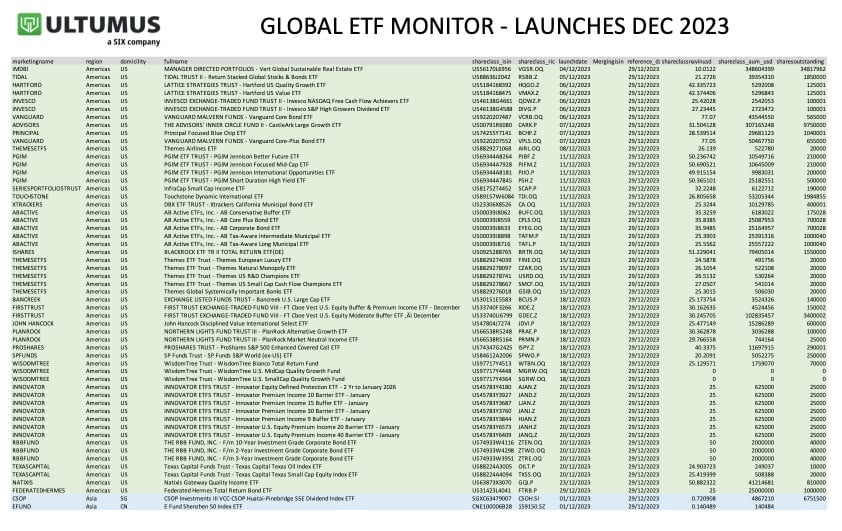Staff happy with their bosses ETF
Chicago-based Harbor Capital is launching an ESG ETF that targets employee development and job satisfaction—what it calls “human capital”.
The Harbor Corporate Culture Leaders ETF (HAPY) tracks the Human Capital Factor Unconstrained Index, which is managed by consultancy Irrational Capital. (The index methodology is not public).
The index looks for 80-odd large US companies that have happier employees. The rationale being that happy staff are more productive and more likely to care about their company. Employee wellbeing can therefore be a source of alpha, the thinking runs.
How is employee happiness measured? The prospectus doesn’t say. It says only that it looks at four things:
- Employee engagement and motivation
- Trust and transparency
- Point of view diversity
- Compensation fairness
Stocks chosen are equally weighted.
The fund charges 0.50%.
Bernie’s commentary – cause and effect
There’s a lot to say here. And if nothing else, this investment thesis is very interesting.
For me, the crucial question is about cause and effect. Do successful companies create happier staff? Or do happy staff create better businesses? Or is there simply no causal relationship there?
The thesis this ETF supports is that happier staff create better businesses. And I’m sure that’s partly true. When staff hate their company, they don’t act in its best interests. They do as little work as possible to avoid getting fired. And who can blame them?
In my experience though it can also go the other way: successful businesses make staff happier. When businesses are successful, they have more money. They can then pay more and provide better conditions. Better pay and conditions then makes staff happier. Microsoft is a good example (great pay, low turnover).
It’s also possible that there’s just no relationship between staff happiness and corporate success. Tesla is probably the most successful company the past five years, yet it has an awful labour record. So bad in fact, that it gets Tesla excluded from ESG indexes.
I don’t know what the answer is to any of this. I guess this ETF’s performance may give us some insight into which way the causal arrow runs.




